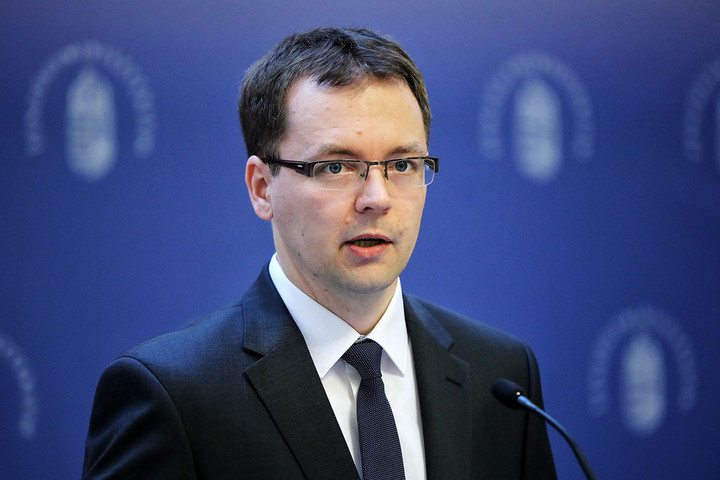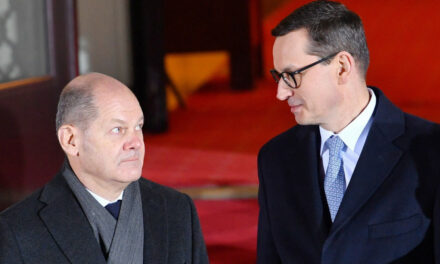For many small businesses, flat-rate taxation may be the best choice next year, if the Parliament approves the proposal of the Ministry of Finance, Norbert Izer informed MTI.
Currently, the tax office registers 15,000 individual entrepreneurs with a flat rate tax, and next year this number may increase up to five times - emphasized the State Secretary of the Ministry of Finance responsible for tax affairs.
Several people can choose, and the flat-rate taxation of sole proprietors could become much more favorable next year, stated Norbert Izer. Among the many beneficial changes, the state secretary first highlighted the new tax exemption limit.

Source: Magyar Hírlap
The income is tax-free up to half of the annual minimum wage, which, based on this year's values and a 40 percent cost rate, means that flat-rate taxpayers do not have to pay personal income tax up to an income of almost HUF 1.7 million.
In the case of those entitled to an 80 percent expense account, the tax exemption amount limit is even higher, so for example, photographers, fishermen, hairdressers, taxi drivers or telephone mechanics who choose the flat tax (calculated with this year's minimum wage value) are not burdened with the obligation to pay tax up to an annual income of about HUF 5 million, explained the state secretary.
Norbert Izer said that the new rule can bring relief to many private entrepreneurs in side jobs, and can also help them become entrepreneurs, as it is easy, simple and with almost minimal risk to start any business.
With the new flat-rate taxation, there are no activity limits, only income limits: next year, the flat-rate tax can be chosen up to ten times the annual minimum wage, which is currently HUF 20,088,000. In the case of those engaged in retail activities, the income limit is higher, they can pay a flat tax even if their income does not exceed fifty times the annual minimum wage - detailed the state secretary.
He noted that the calculation of income will also be much simpler and more favorable. The number of applicable cost ratios will be reduced from the current eight to three. Those concerned can determine their income next year by deducting 40, 80 or 90 percent of their expenses from their income.
Norbert Izer also touched on the fact that the new rule helping the smallest businesses is one of the important elements of the tax changes that help restart the economy. The bill containing these was submitted by the Ministry of Finance on May 11, and if the draft is approved by the Parliament, tax burdens will further decrease next year, there will be less administration and the whitening of the economy will continue, the state secretary concluded.
Source: MTI
Featured image: egysza.hu













